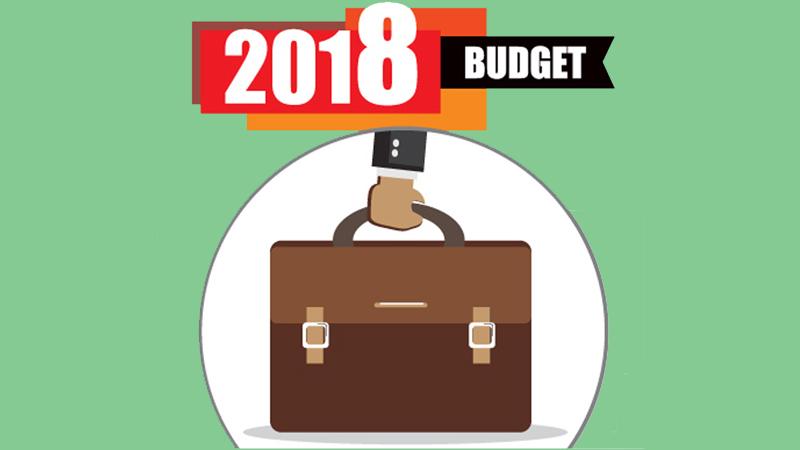
Budget 2018 presented to parliament by Finance and Media Minister Mangala Samaraweea will steer the Sri Lanka towards economic sustainability and more Foreign Direct Investments, financial and economic experts told the Sunday Observer.
This budget which gained endorsement from all corners is seen to be a very reformist budget, opening up areas to make it more liberal, according to Rohan Masakorale CEO of the Colombo Shippers Academy and Senior Consultant for Ports and Airports at the Strategic Enterprise Management Agency (SEMA).
Speaking to the Sunday Observer he said that the budget has covered many critical aspects in making Sri Lanka a regional hub as well as making its economy more liberal and to attract more Foreign Direct Investments (FDI).
“Sri Lanka is ranked at 112 in the World Economic Freedom Index in the word and we are one behind China which is a so-called socialist country. Foreign companies won’t even consider our country if we don’t change the existing economic environment for them to come in,” he said.
The environmental and maritime sectors have been opened up and further facilitated by this budget which is quite a progressive approach, he said stating that it is important to open up if we cannot alone sustain.
Areas where we don’t have ability, skill, knowledge and technology we have to open the market. If we want to be an Indian Ocean global hub we need global companies present in Sri Lanka, Masakorale explained stating further that If foreign investors don’t see opportunities for them in the region by locating in Sri Lanka, whether it is maritime, energy or telecommunication, these global businesses will not come.
Speaking on a criticism that has been levelled on liberalising the market and opening it for foreigners can hamper local entrepreneurs, Masakorale said that no entrepreneur will find it difficult to survive in the face of foreign competition, since entrepreneurs are people who take challenges and compete. “People who don’t have entrepreneurship and depend on other people will be affected. An entrepreneur is a person who takes risks, looks for changes and adapts to it. People who depend on somebody can curtail somebody’s freedom are protectionists. And competition ensures quality,” he said.
Commending the weight given to the green or environment sector, an economic expert told the Sunday Observer that it is admirable, given the anti-green stance taken by the US today especially pertaining to the Paris convention. Refuting criticisms against electric vehicles usurping power from the national grid to an unbearable extent, he said that although the criticism is valid at the moment, “Our national grid is flexible enough to produce the required amount of electricity for this purpose. Although we have the green vehicle we have to produce non-green electricity. That can be overcome by alternative energy sources. And the budget has failed to address this issue,” he said.
“The blue or the marine economy aspect should appreciate in the face of criticism that has been levelled saying that the country is surrounded by the ocean but at times we even import salt. This segment looks to make use of the vast fisheries resource available to the country. The use of the naval roots to develop the country which will connect Sri Lanka to the One-Belt-One-Road initiative.
“These are very positive aspects that the government has looked into, provided that the government follows up on its implementation, continuously to ensure that we can reap the benefits at least by 2015,” he said.
Meanwhile the Senior Deputy Governor of the Central Bank of Sri Lanka, Dr. P. Nandalal Weerasinghe said that there is reassurance that the government will go in the same direction which is to bring down the budget deficit to 5.2% this year and to 4.8% next year.
“For the first time in many decades, the fiscal accounts is going to record a marginal surplus in its primary balance which means that government is now becoming a saver transitioning from a dis-saver position,” Weerasinghe said.
He explained that from a macroeconomic management perspective, the expected savings will allow the government to divert funds from recurrent expenditure towards capital expenditure without having to increase their borrowings for capital expenditure.
